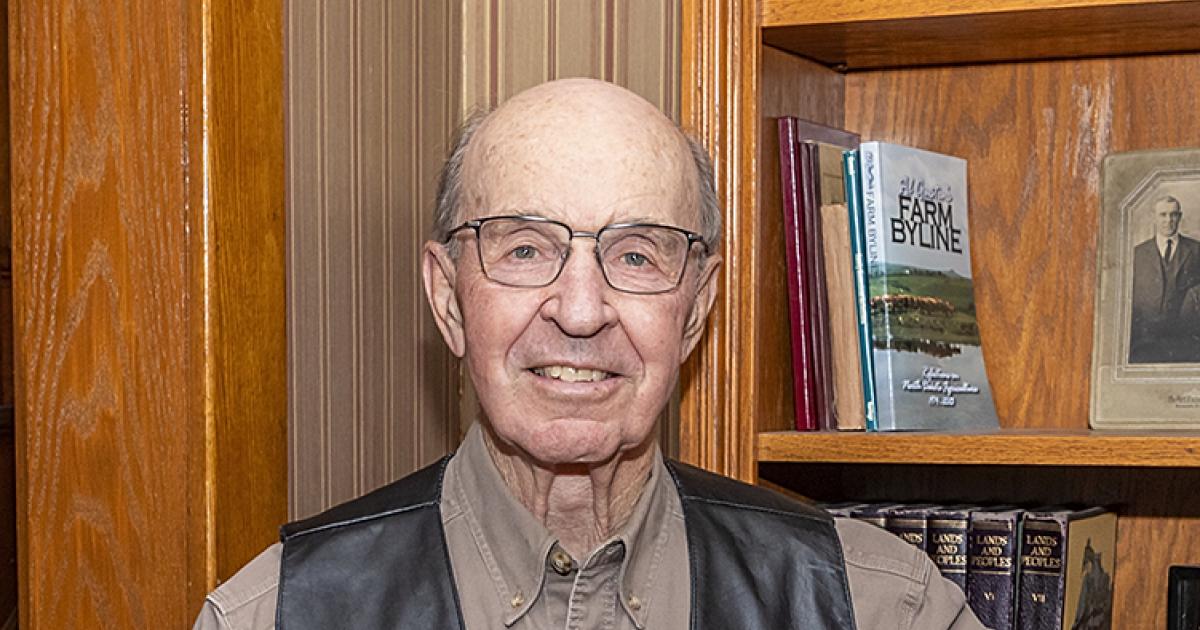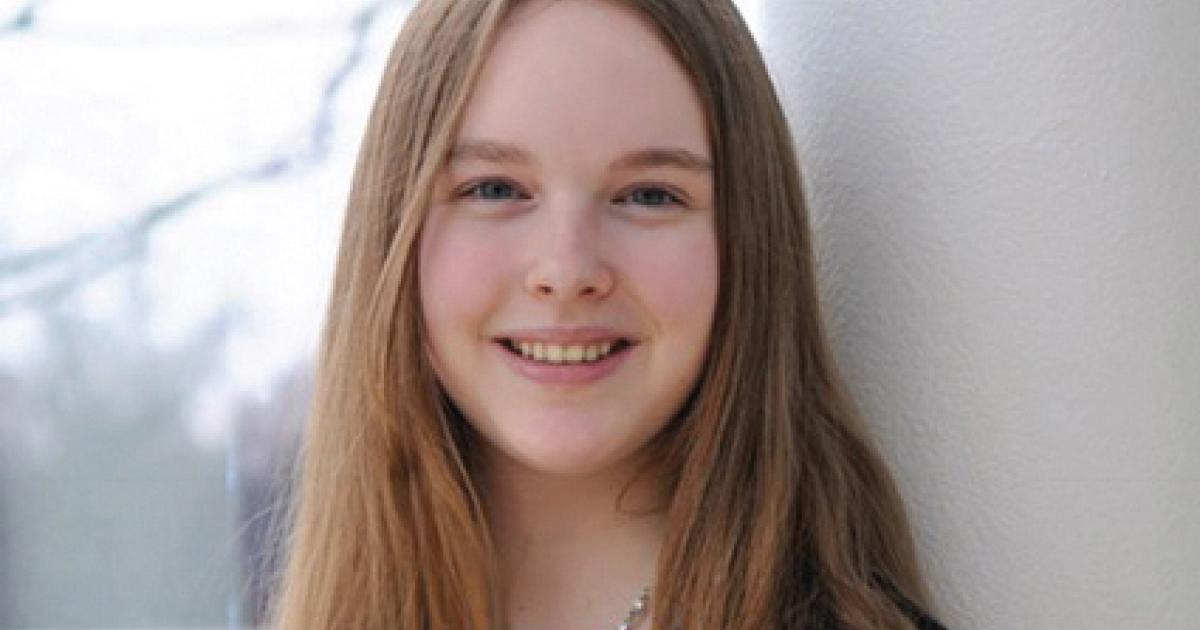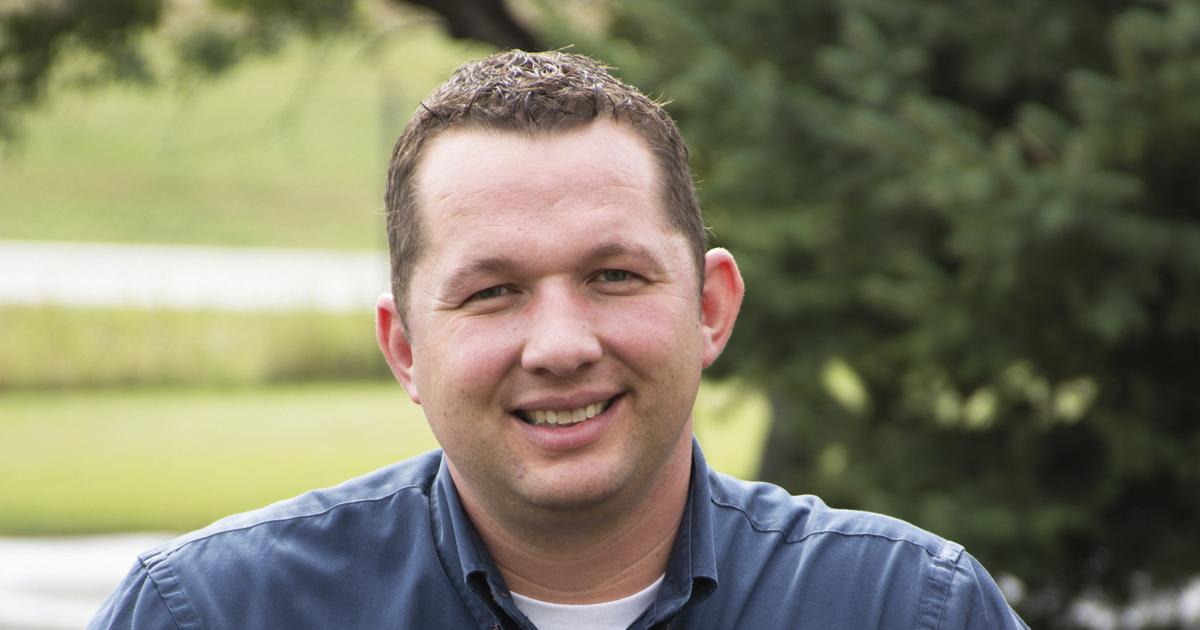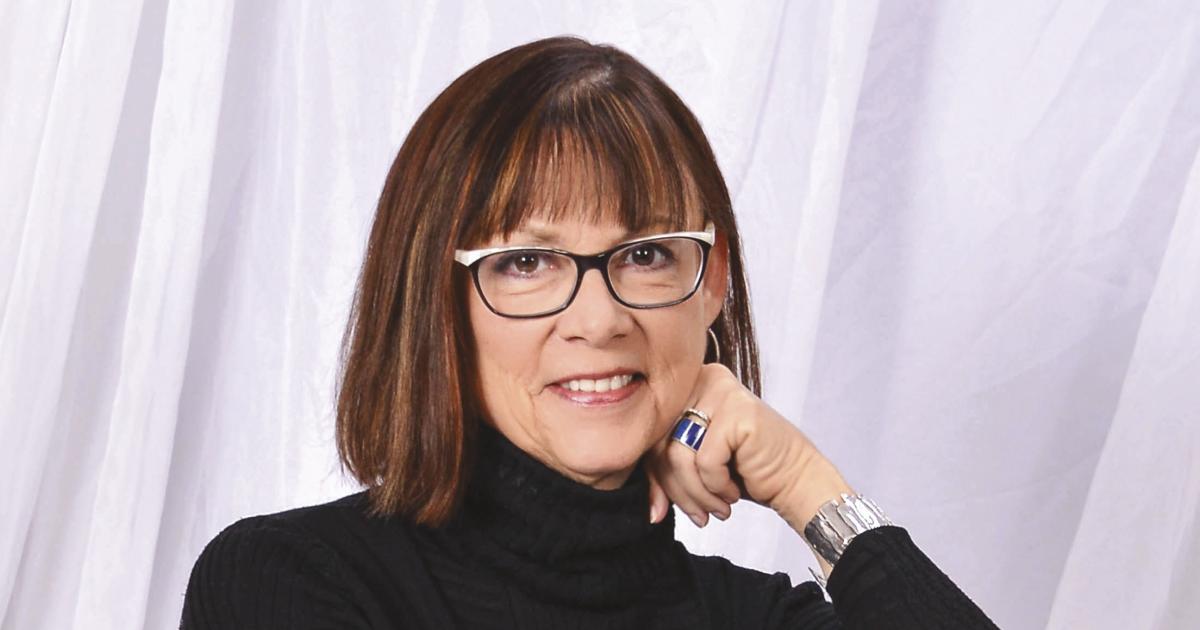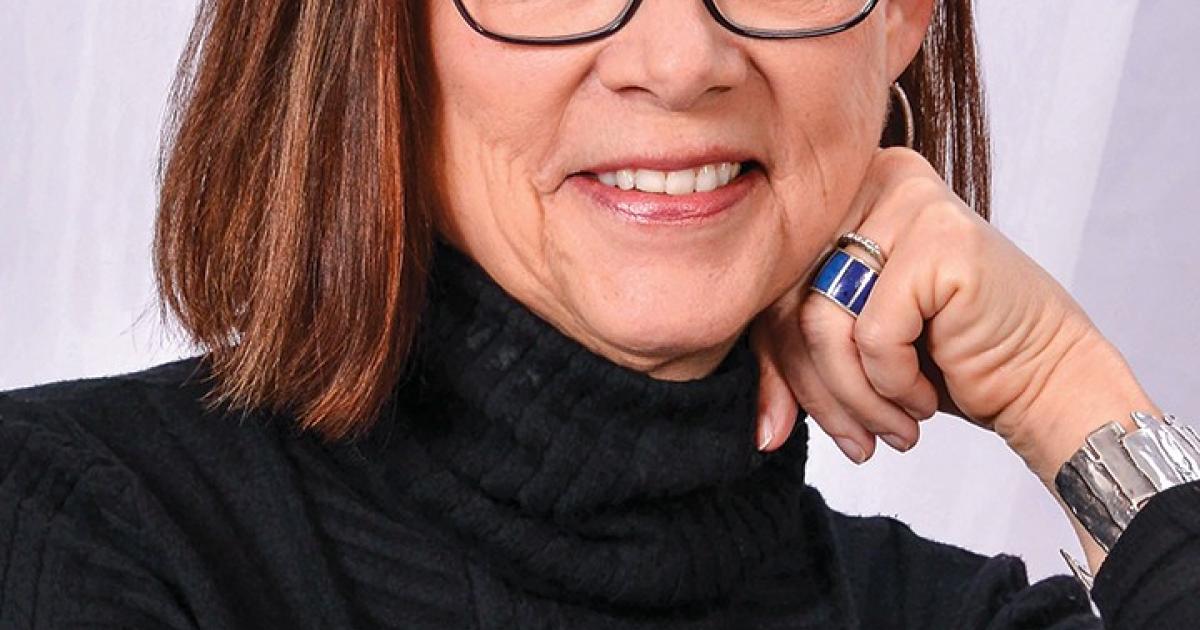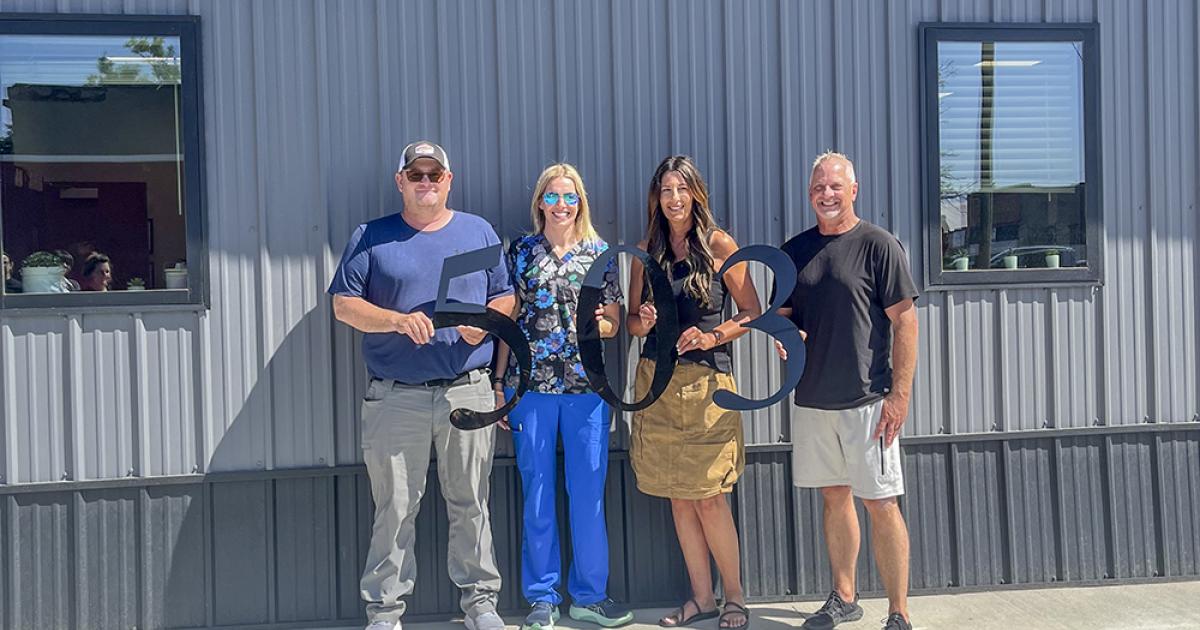The farm where I grew up and still live was surveyed in 1883. The surveyor’s report for the home section refers to the rolling topography and the Little Heart River that bisects the farm. The report concludes, “soils first rate.” I always smile when I read that. The surveyor failed to mention the alkali flats that border the river, the gumbo and all those rocks that had to be removed before one could farm those first-rate soils.
I wonder what my ancestors and the other Germans from Russia who settled in south central North Dakota thought of the soil on their homestead farms. They had come here from Ukraine. Nearly a fourth of the world’s most fertile soil, known as chernozem, is located in Ukraine. In fact, two-thirds of arable land in Ukraine is composed of chernozem deposits, making it ideal for farming.
Some analysts have speculated one of the reasons why Russian President Vladimir Putin invaded Ukraine in 2022 was to regain control of that breadbasket.
During World War II, a central focus of Germany's war policy was overcoming chronic food deficits by conquering the fertile chernozem or “black earth” region of Ukraine. German farmers were to be resettled on the vacated lands. There are historical accounts suggesting during World War II, the Nazis shipped trainloads of the rich, black soil of Ukraine back to Germany. This was part of their broader effort to exploit Ukraine’s agricultural resources.
A Germans from Russia historian who has been there describes the farmland around the German villages in Ukraine as being much like the Red River Valley in eastern North Dakota. That was the soil, some of the richest in the world, the Germans from Russia left behind – land they and their ancestors had farmed for nearly 100 years. It was vastly different than much of the land they homesteaded.
I asked an educator who grew up in Emmons County if children today are taught about the culture of the Germans from Russia. Recalling his youth, he said, “You mean picking rocks?” Maybe it was the rocks that were first-rate.
___
Al Gustin is a retired farm broadcaster, active rancher and a member of Mor-Gran-Sou Electric Cooperative.


